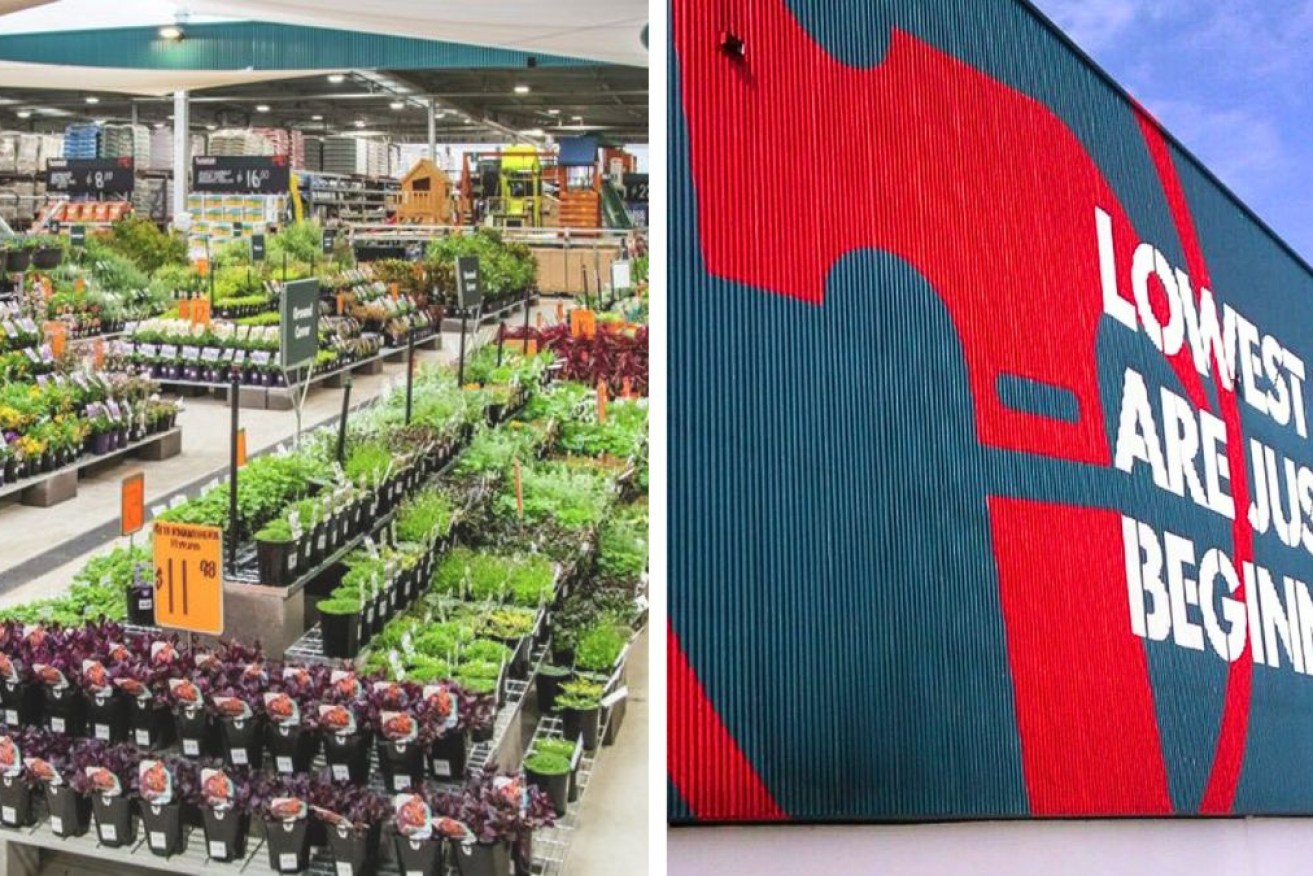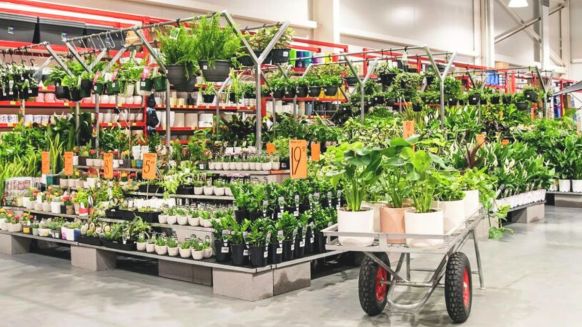Bunnings escaped the retail crackdown, but plant growers still hope for change


Bunnings is still facing pressure to improve relations with greenlife growers. Photo: TND/Bunnings
Major retailers are set to face multibillion-dollar fines for misconduct but the rules won’t apply to Bunnings, leaving plant growers still searching for protection.
This week, the government said it would adopt every recommendation from the independent review of the Food and Grocery Code of Conduct.
The incoming changes are considered a win for farmers.
But plant growers were disappointed that the review decided Bunnings should not fall under the code alongside other big retailers such as Woolworths and Coles.
Greenlife Industry Australia had spent months campaigning for Bunnings to be brought under the code due to the hardware chain’s near-monopoly in the plant and nursery sector, which growers say has led to unfair arrangements.
GIA CEO Joanna Cave told The New Daily while she was pleased the code would be strengthened, the decision to leave Bunnings out was “deeply disappointing”.
“The issue’s acknowledged, but greenlife growers are left out in the cold,” she said.
“They’re effectively the only growers within the whole of the horticultural sector that don’t benefit from a code of practice protection, which is why we were asking for them to be included in the first place.”
But Cave said the outcome still left room for hope, with Bunnings put on notice that eyes would be on the retailer.
Spotlight on Bunnings and plant growers
The review by former Labor minister Craig Emerson recommended Bunnings work with GIA to develop a document setting out expectations about the supply of nursery plants.
Progress of the relationship could be reviewed in two years’ time.
The government’s response to the review also outlined concerns about allegations of retailer conduct towards nursery plant suppliers, and said it would “continue to monitor conduct in the nursery plants industry”.

Craig Emerson declined to classify Bunnings as a retailer under the Food and Grocery Code of Conduct. Photo: TND/AAP/Coles/Woolworths/Aldi
Cave said GIA would approach negotiations with an open mind, and she hoped Bunnings would do the same.
Growers had already noticed the retailer being more “careful and considerate” as its conduct has garnered attention in recent months.
Cave said Bunnings had placed some rebates under review, including one in which the volume of plants it bought had a direct effect on the discount growers were obliged to give it.
“They’ve been very careful to say that any measures are likely to be temporary,” she said.
“We’re interested to see what sticks now that the government has made its position clear that they won’t be admitted to the Food and Grocery Code.
“Will Bunnings breathe a sigh of relief and go back to business as usual? Or have they learned their lesson and are they willing to make some changes for the benefit of the greenlife growers?”
In a statement to TND, Bunnings managing director Mike Schneider said the company welcomed the recommendation that retailers outside the supermarket and grocery industry not be taken into the code.
“We note the report’s suggestion that we work collaboratively to set out expectations relating to the supply of nursery plants, and we look forward to continuing to engage with suppliers and relevant industry associations,” he said.
“We recognise that good supplier relationships are essential for the continued success of our business.”
New code could be the next step
Cave expressed concern that further negotiations could be stymied due to a significant power imbalance between Bunnings and plant growers.
GIA alleges Bunnings holds 70 per cent market share of the plant and nursery sector, although the retailer claims it is less than 30 per cent.
Further regulations could help even the balance of power.
Cave said GIA had been approached by the Department of Agriculture, Fisheries and Forestry to discuss potential nursery code of conduct.

Bunnings is still under pressure to improve its relationship with greenlife growers. Photo: Bunnings
It is likely it would emulate the food and grocery code, but be more specifically tailored to the needs of greenlife growers.
Cave said one of the areas in most need of attention included stronger commitments between the retailer and greenlife growers; a common complaint from growers is that Bunnings would not commit to buying specific volumes of plants, leaving many out of pocket.
A nursery code of conduct would also need to include an anonymous complaints mechanism, similar to the one that will become part of the food and grocery code, thanks to the review’s recommendations.
As things stand, Cave said growers had little to no avenues for recourse when facing problems.
“Bunnings does operate a complaints procedure of its own. But you can understand why growers would feel very reluctant to use a complaints procedure managed, funded and organised by the very organisation it wants to complain about,” she said.
“And [regarding] the [Australian Competition and Consumer Commission], for example, the burden of proof is on the growers. It’s very hard to successfully make a claim through that avenue. It takes a long time, costs money.
“That’s why we’ve been lobbying for a code that contains within it decent dispute-resolution mechanisms, because without that the growers really have no way of raising concerns.”








